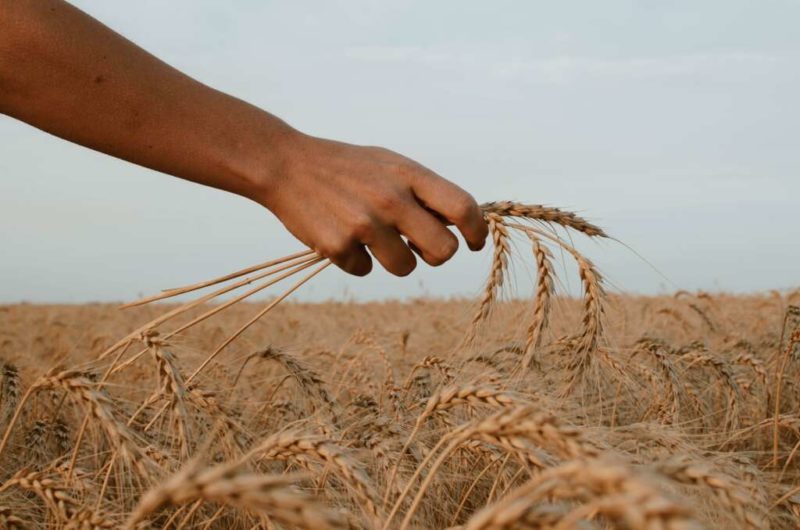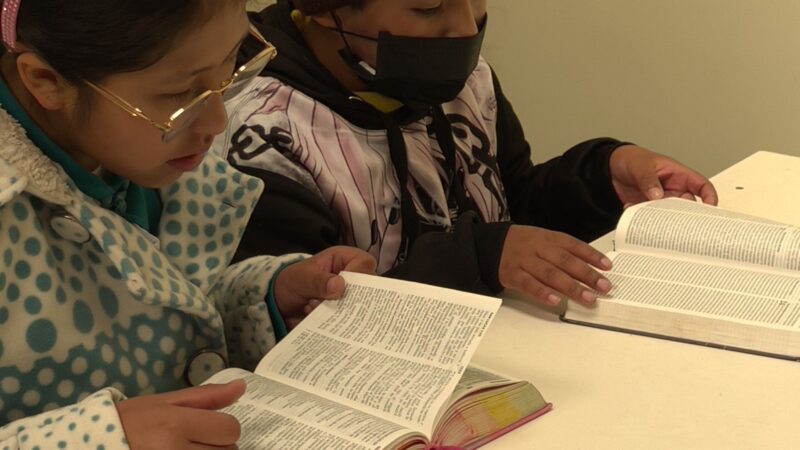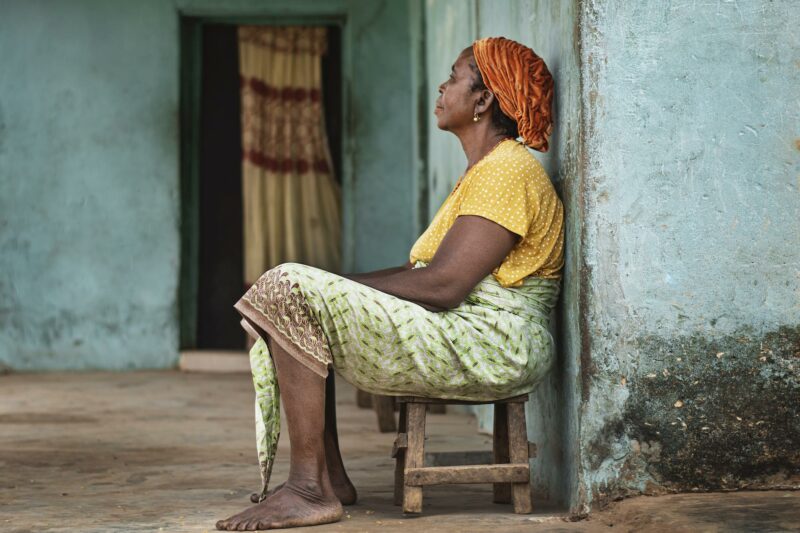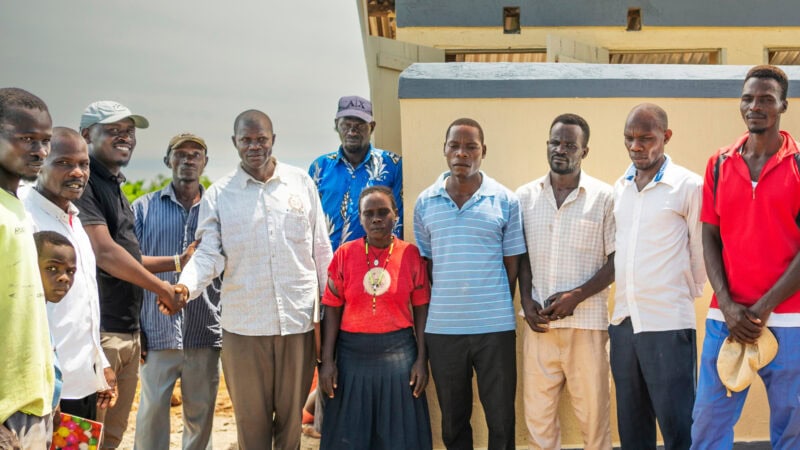When God began building a nation, He wanted to make sure that no one would get left behind. All throughout the Old Testament, and especially in the first five books, God showed His care for the poor, the foreigner, and those who often fall through the cracks of society.
And because God cared for the poor, He wanted His people to care for the poor and to demonstrate His love and provision to them. So, He gave very specific instructions to the Israelites as a part of His covenant with Moses so that no one would go hungry. Although the church is not obligated to obey God’s rules for Israel, we can and should apply the principles to our lives today!
So, where can we find these instructions? In an unexpected, often ignored book in the Bible. Leviticus!
In Leviticus, God gives lots of seemingly obscure rules to Israel to show His holiness and to show them how to be different than all the other nations. One of those ways was to purposely leave some of their fields unharvested.
Leviticus 23:22 says, “And when you reap the harvest of your land, you shall not reap your field right up to its edge, nor shall you gather the gleanings after your harvest. You shall leave them for the poor and for the sojourner: I am the Lord your God.”
Not many of us are farmers who depend on our crops to provide food and money for our families. But we can surely set aside some of our treasures to share with those who don’t know where to find their next meal. Because if you’re reading this blog, you are probably among the richest people in the world (even if you don’t always feel like it)!
If you’re looking for an example of what this looks like, flip to the Old Testament book of Ruth. Not only is Ruth a story of tragedy, love, and redemption, but one of the heroes of the story, Boaz, shows us God’s heart for the poor and the foreigner. When Ruth, a Moabite (a foreigner), left her family and her home to move with Naomi back to Israel, Ruth went to glean grain in the field of Boaz. Not only did Boaz allow Ruth to pick up the leftover grain, he fed her a large meal, sent her home with the leftovers, and commanded his workers to purposely drop grain for Ruth to pick up—even if it meant Boaz would make less money from his harvest (see Ruth 2:11-16).
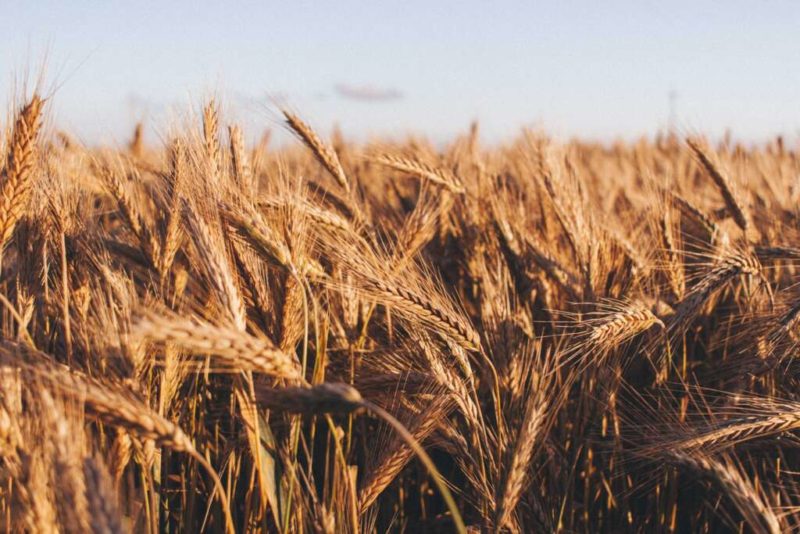
Boaz embodied God’s love for the poor!
Many people will never open a Bible to find out how much God loves the poor. But they will take notice when followers of Jesus—like you and me—care for the poor.
Just as God wanted Israel to show all the other people what God was like back then, He wants the Church to show the world what God is like today.
Following the biblical example of caring for the poor, how can we apply Leviticus 23:22 to our lives today?
- We can purposely set aside some of our resources specifically for the poor at the beginning of the month, before we have a chance to spend it on ourselves. If we wait until the need of the month, we might not have anything left to share.
- We can live below our means so that we have more money to share.
- We can learn about poverty and take action.
- We can train our kids to think of others and to share generously.
- We can exercise self-restraint and refuse to spend all of our money on ourselves.
- We can carefully distinguish from our legitimate needs and our unnecessary wants.
- We can practice moderation and keep a budget.
If you’re looking for an easy, affordable way to set aside part of your harvest for the poor, you can become a Bright Hope Impact Partner and literally transform the lives of the poorest of the poor around the world.
Don’t keep all of your crops to yourself. Instead, live with a purpose—to share God’s love and blessings with those who have fallen through the cracks of society. The world is watching followers of Jesus like you and me to see if God really cares for the poor.

